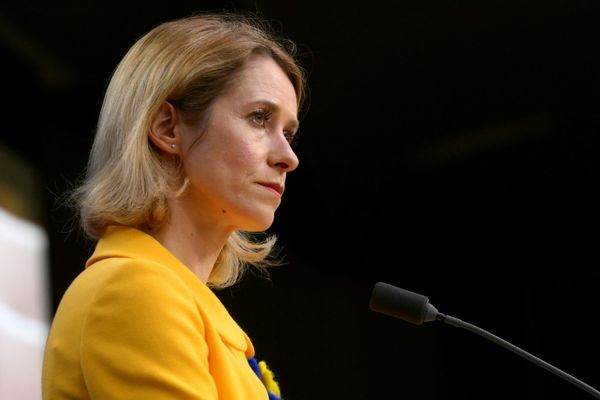
Cuckoo is a delicately arranged play that basks in inaction. We watch the gentle flow of life from inside the front room of a multi-generational Merseyside family of women as they chat, laugh and row. Even when sulky teenager Megyn (Emma Harrison) goes upstairs and inexplicably locks herself in the bedroom of grandmother Doreen (Sue Jenkins), only then talking through her smartphone, nothing really happens.
Produced in partnership with Liverpool Everyman and Playhouse, the play is driven by springy dialogue. Michael Wynne, who launched his career at the Royal Court with The Knocky in 1994, typically writes in a comic register and Cuckoo’s humour – sometimes ebullient, other times mordant – fires the drama. There are times, though, when the play, directed by Vicky Featherstone, wavers and is in danger of coming to a standstill.

As in Clean Break’s recent Dixon and Daughters, this house (designed by Peter McKintosh) is cosy in its ordinariness though some dread lies within it. Ostensibly domestic, the play lays out state-of-the-nation explorations of a modern, uncertain world filled with warnings of climate emergency, economic crises and acts of global terror.
The opening scene could be the definitive tableau of our times: characters sit around a dining table, eating a fish supper in near silence, welded to their smartphones. We hear the ping of notifications throughout the show and the women swap messages, memes and videos within the same house, and even the same room.
Wynne captures an everyday realism with unshowy and entertaining flair, while the performances are always engaging. These women seem like characters from a TV sitcom, rattling off funny one-liners, yet we believe in them, from Carmel (Michelle Butterly), who is a struggling, quietly anguished mother, to bossy schoolteacher Sarah (Jodie McNee), who thinks she has found “the one” on a dating app and insists on taking the others, very amusingly, through every online cough and spit.
Megyn is the only one who feels flatly symbolic. Unlike Ali Smith’s dinner party guest in There but for the, she does not barricade herself in the room as a form of protest, or the politically infused act of “disruption” that Sarah preaches in her lectures on climate activism. Her self-imposed seclusion seems like an indictment of her generation, carrying the suggestion that her preferred form of communication is through a dishonest medium: she posts pictures of her mother, Carmel, glossing over their prickly relationship, and curates her life virtually rather than taking part in the real thing.
Megyn seems fearful of the world above all else though nothing is explained or answered. Is her gesture a stand against her mother, against life itself or an expression of severe depression? We never get to the bottom of it because Megyn barely speaks, and questions linger with a final scene that is thoughtfully open-ended but feels a little too anticlimactic.
At the Royal Court theatre, London, until 19 August. Then at the Everyman, Liverpool, 6-23 September.







